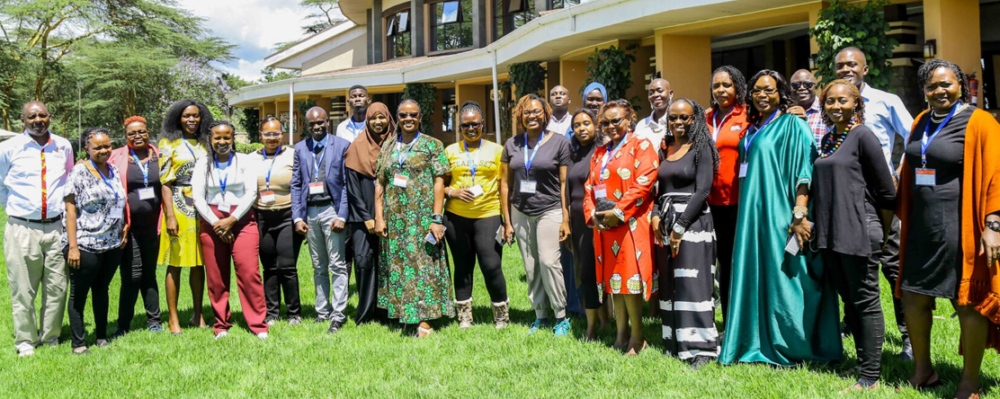
In the News
The Unsuspected Dangers of Passive Alcoholism
- Gentside
-
Issues
Alcohol -
Expertise
Research – Quantitative -
Programs
Alcohol Research Group

According to a study published in the scientific Journal of Studies on Alcohol and Drugs, one in five adults (about 53 million people) in the United States are affected by passive alcoholism, making it a ‘public health concern’ according to researchers.

One thing to realize with the figure of one in five is that it is limited to one year. So there are probably more people who have been affected by the consumption of alcoholic beverages in their surroundings.Katherine Karriker-Jaffe, senior scientist at the Alcohol Research Group
The researchers analyzed the responses of 8,750 adults during a survey conducted in 2015 by the National Alcohol Survey (an alcohol research group) and the National Alcohol’s Harm to Others Survey (a collaborative alcohol research group). Participants answered questions, including questions about problems related to people around them who had been drinking over a one-year period. The problems could be related to a car accident, physical violence, marital problems, damage to the house or financial problems.
The scientists concluded that 21% of women and 23% of men had experienced at least one negative impact. The most common were threats or harassment.
“For women, the most common disorders are harassment, family and marital problems and financial problems due to someone else’s alcohol use. Then come car accidents—it can mean being with an alcoholic driver in the car or getting hit by a car driven by a drunk person.” Katherine Karriker-Jaffe
Click below to read the full story in Gentside.
Originally published by Gentside
More Updates
Work With Us
You change the world. We do the rest. Explore fiscal sponsorship at PHI.
Support Us
Together, we can accelerate our response to public health’s most critical issues.
Find Employment
Begin your career at the Public Health Institute.



